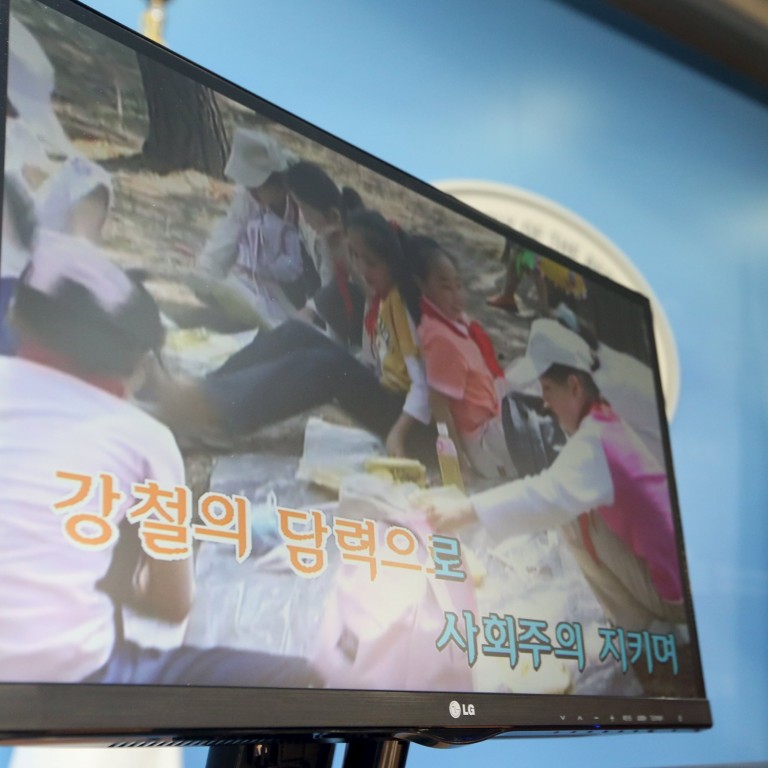
Karaoke crackdown: South Korea wary of the North's propaganda 'poison'
Weeks after South Korea began blasting K-pop and anti-Pyongyang broadcasts from loudspeakers along the border with the reclusive North, a decades-old propaganda war may have erupted on a new front - South Korean karaoke parlours.
Socialist sing-songs are unlikely to resonate in the liberal, capitalist South, but Seoul's National Security Law has since 1948 penalised people for distributing North Korean propaganda and lawmaker Hong Moon-pyo, of the ruling Saenuri Party, said the songs were like poison.
North and South Korea are still technically at war after the 1950-53 Korean War ended in a truce, not a peace treaty.
"Long live, long live, general Kim Jong-il!" goes one of songs available on select karaoke machines in the heart of Seoul, Hong said."These karaoke machines have the power to break down our mentality and ideas. They are like a poison mushroom that can infect 50 million South Koreans," Hong said.
His office said it was not sure how widespread the use of the karaoke propaganda was - it had only found two so far, both in areas of the capital frequented by ethnic Koreans from northeast China and North Korean defectors. People on the streets do not seem too concerned so far.
But the fact that the songs, which include propaganda classics such as "Glory to the Dear Leader" and "Living well in the People's Paradise", could be sung in the South was almost as "shocking" as the North's nuclear weapons programme, Hong's office said in a statement.
Hong said he had hired ethnic-Korean Chinese immigrants to secretly visit karaoke bars in areas where he believed the machines were in use.
“Like water soaking through a sponge, singing songs that praise North Korea can slowly penetrate our minds and make us weak,” he said.

